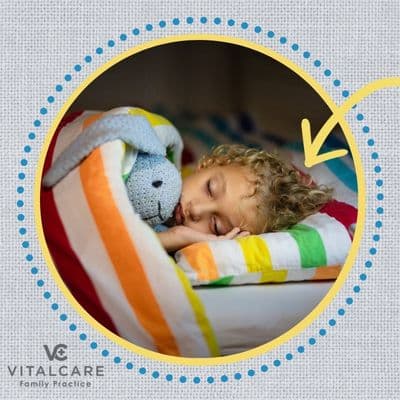Sleep disorders involve problems with the quality, timing and amount of sleep, which result in daytime distress and impairment in functioning. They often occur along with medical conditions or other mental health conditions, such as depression, anxiety, or cognitive disorders. Although there are several different types, insomnia is the most common. Other sleep disorders include obstructive sleep apnea, parasomnias, narcolepsy, and restless leg syndrome.
Sleep difficulties are linked to both physical and emotional problems. In addition, sleep problems can contribute to or exacerbate mental health conditions and can be a symptom of other mental health conditions.
Types of Sleep Disorders
- Bruxism (teeth grinding)
- Central sleep apnea
- Circadian sleep disorders
- Hypersomnia
- Insomnia
- Narcolepsy
- Nighttime leg cramps
- Nightmare disorder
- Obstructive sleep apnea (OSA)
- Parasomnias
- REM sleep behavior disorder
- Restless legs syndrome
- Sleep terrors (“night terrors”)
- Sleepwalking (somnambulism)
- Snoring
How Are Sleep Disorders Diagnosed?
Our sleep experts use a variety of tools to make an accurate diagnosis of your sleep problem, beginning with a complete medical history that includes information about activities, school, work, life at home, and medications that may be affecting your sleep.
Our doctors will use specialized diagnostic tools to gain better insight into the cause of some sleep problems. These tools include sleep journals and the sleepiness scale. If medical history and the information collected from the sleep diary and sleepiness scale suggest an underlying medical condition, our doctors may recommend a sleep study or polysomnogram. During sleep studies, patients are connected to sensors that monitor the stages of sleep, body movements, oxygen levels, and breathing patterns.
What Do At-Home Sleep Tests Measure?
When you take an at-home sleep test, specific biological parameters are measured to gain insight into your sleep issues. Several factors are measured:
- Nasal and oral airflow
- Respiratory effort
- Oxygen levels
Treatment for Sleep Disorders
Based upon the patient’s diagnosis, preferences, and goals, a sleep specialist may recommend one of these sleep-disorder treatments:
- Cognitive-behavioral therapy
- Continuous positive airway pressure (CPAP)
- Medications
- Oral appliances
- Better sleep hygiene habits and behaviors
Sleep Disorders and Children
Sleep problems affect up to 30 percent of children. There are many different types and causes of sleep disorders, including poor sleep habits, behavioral problems, and neurological conditions.
Chronic sleep problems can affect your child’s ability to function at home and perform well in school, and they can lead to anxiety and depression. In addition, adolescents with chronic sleep problems face an additional risk of injury from driving while drowsy.
Our sleep experts use a variety of tools to make an accurate diagnosis of your child’s sleep problem, beginning with a complete medical history that includes information about activities, school, life at home, and medications that may be affecting your child’s sleep.
Sleep is incredibly important to your overall health, especially for children. Our sleep experts at VitalCare Family Practice are here to help. Contact us today if you or your child suffers from a sleep disorder.

